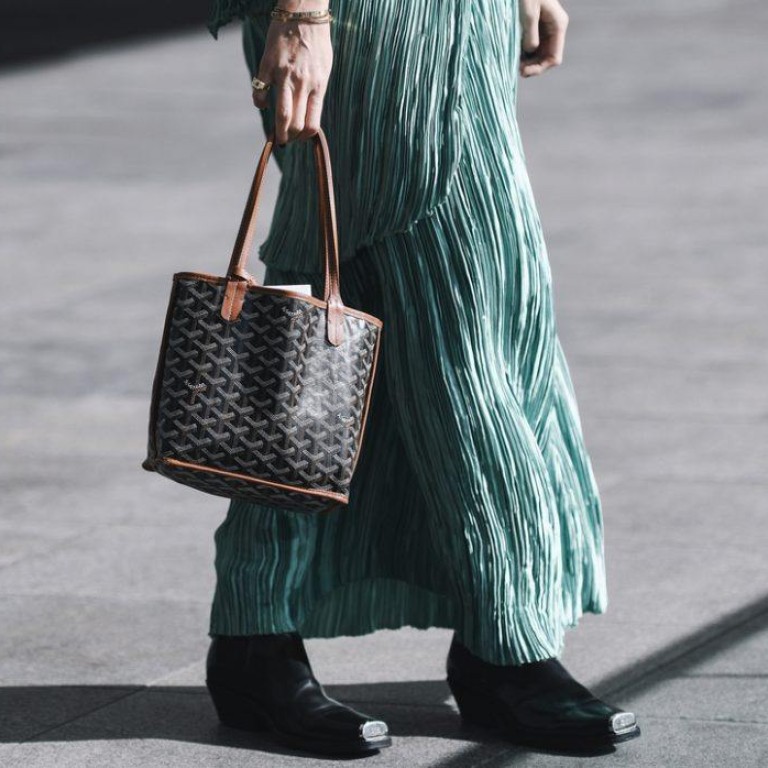China’s woke Gen Z want sustainability, mindfulness and ‘invisible luxury’– why pricey Western labels aren’t enough for conscious consumers in 2021

- Brands like JD.com, Alibaba and Shanghai-based Icicle have begun investing in sustainability and responsible sourcing as green trends dominate for young buyers
- Rising inequality make privacy and discretion commodities, driving demand for labels like Hermès and pushing the wealthy to buy more luxury goods online
The pandemic has laid out an alternative path for the global luxury industry. Even before Covid-19, young Chinese consumers were insisting that brands step up their eco-friendly efforts and apply mindfulness to their creative processes. But the Covid-19 era has accelerated the process.
In a paper titled “Mindful Consumption: Three Consumer Segment Views”, published in the Australasian Marketing Journal in September 2019, the authors suggest that: “as consumers become more informed and make careful assessments in what to purchase, drawing upon mindfulness can serve as an antidote to the negative aspects of consumerism.” From their perspective, mindfulness “can lead toward enhancing consumer welfare by breaking down previously held consumption habits”.

Modern consumers are more educated and better equipped to make informed purchases. They also have more choices than ever before. Against this background, their values, beliefs and behaviours are evolving to emulate changes in society.
Conscious consumerism is a global trend that’s largely associated with mature markets. But now, China’s younger generations are bringing “woke” culture to the forefront.
Naturally, Generation Z differs greatly from previous generations. While growing up, this cohort enjoyed a high standard of living and witnessed China’s transformation into a global economic superpower. Therefore, their consumption patterns and attitudes toward luxury are more mature. Moreover, like Gen Zers in the West, these consumers adhere to high moral principles.

With consumers becoming increasingly interested in mindfulness, leading brands like JD.com and Alibaba (parent company of South China Morning Post) have begun investing in sustainable technologies and green-minded practices. Additionally, the focus of provincial governments is increasingly environmentally aware.